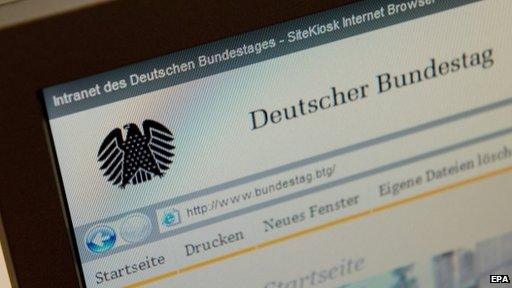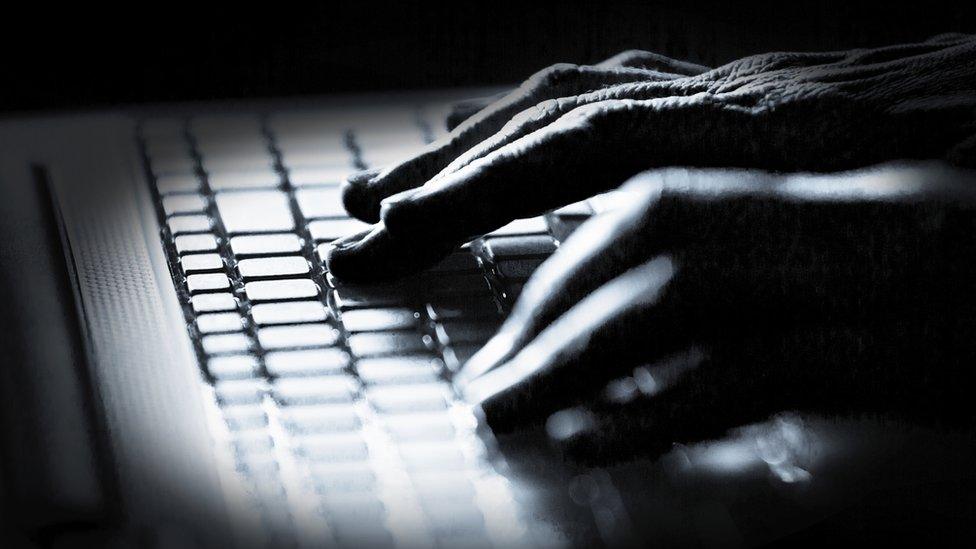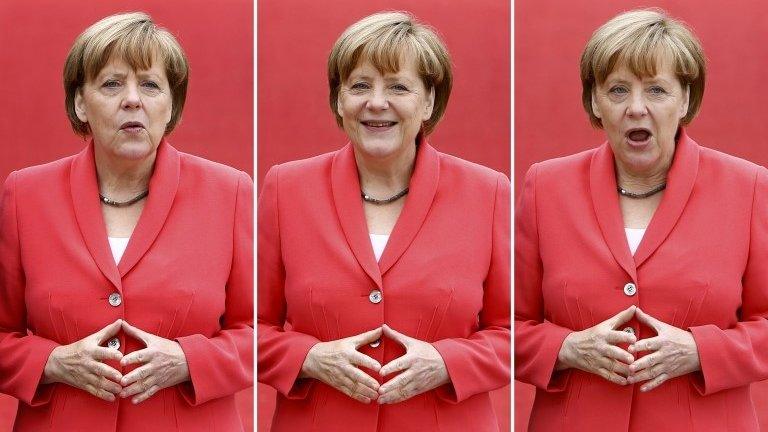German parliament cyber-attack still 'live'
- Published

Malicious programs were used to infiltrate the parliamentary network
A cyber attack on the German parliament uncovered a month ago is still stealing data from Bundestag computers, report German media.
Cleaning up after the attack could cost millions of euros and involve replacing or wiping computers, said Sueddeutsche Zeitung, external.
Federal investigators are looking into the scope of the attack to see how much data has been taken.
It is still not clear who carried out the cyber-attack.
The attack on the lower house of the German parliament came to light in May.
It involved attackers using malicious programs to infect many of the 20,000 machines used by politicians, support staff and civil servants that sit on the Parlakom network.
German newspaper Der Spiegel quoted a parliamentary source who said the malware was still "active" and stealing data from infected machines.
A Russian intelligence agency has been blamed for the attack, but Moscow has not commented on the allegations.
One report suggested that the federal office for computer security (BSI) had said that cleaning up the infection could cost millions of euros and involve replacing all the computers.
However, a later report said, external no decision had yet been taken on how many machines needed to be replaced or whether they could be disinfected another way.
And an investigation was looking into whether the attack could be removed by simply replacing servers taken over by attackers.
Conclusions from a secret report into the attack and its scope is expected to be delivered to politicians on 11 June.
"This is the biggest cyber-attack on the Bund, on the German parliament," Bernhard Kaster, secretary of the Christian Democratic Union and Christian Social Union political bloc, told Sueddeutsche Zeitung.
- Published5 June 2015

- Published8 January 2015

- Published8 June 2015

- Published30 March 2015
